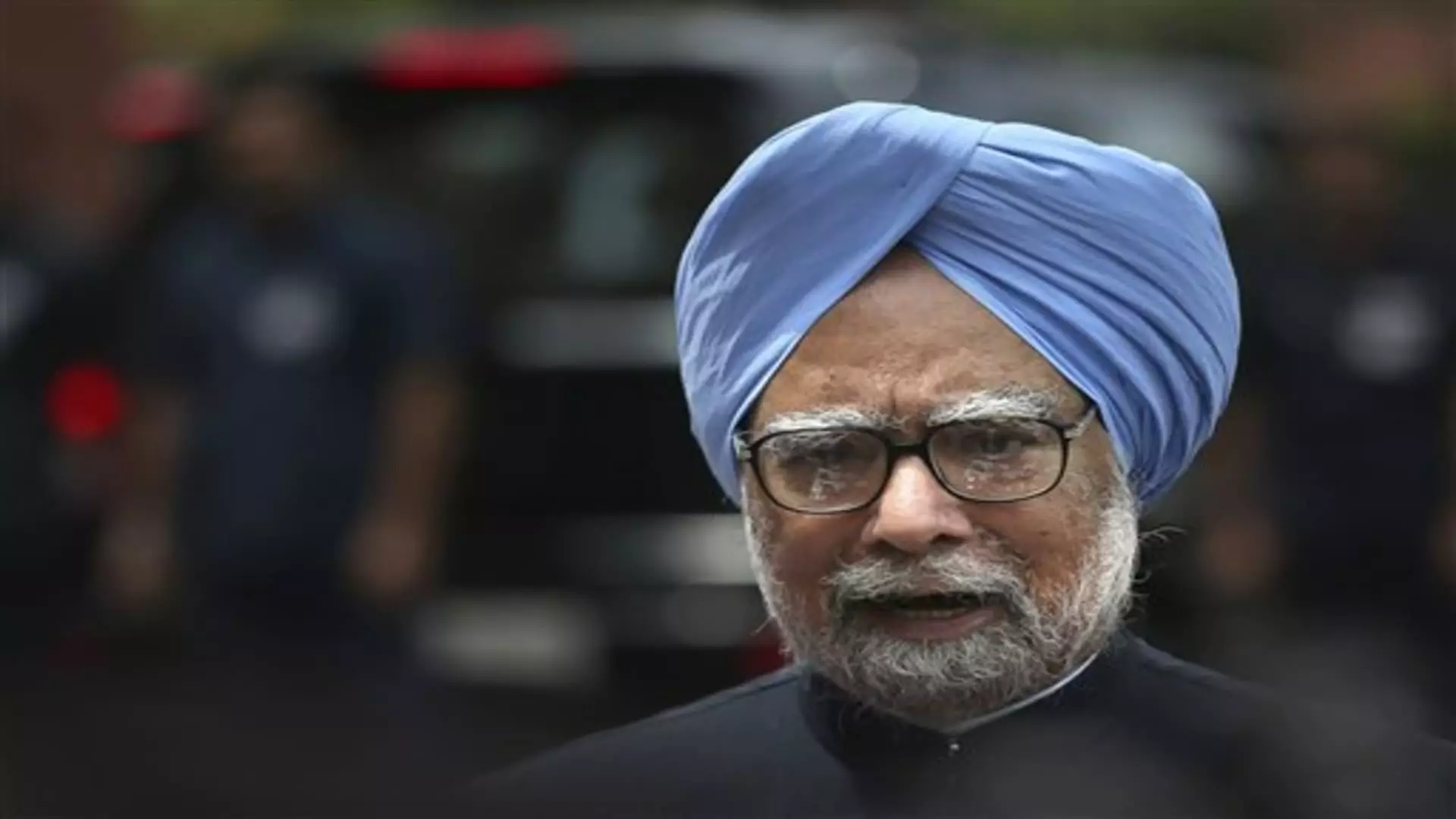Dr. Manmohan Singh, known to many as a “reluctant king,” carved out an indelible mark on Indian history as one of the country’s most eminent leaders. Born into modest circumstances in British India, now part of Pakistan, Singh’s early life was a tapestry woven with perseverance and ambition. The 92-year-old economist-politician’s death, attributed to age-related health complications, has brought forth waves of remembrance of the quiet authority he exhibited throughout his political career. As a trailblazer for the Sikh community, Singh’s journey from studying under candlelight to becoming the first Sikh Prime Minister of India is a testament to his resilience and commitment to learning.
Singh’s academic journey led him to prestigious institutions, including Cambridge and Oxford, where he earned a doctorate focused on India’s economic framework. His scholarly background positioned him as a respected economist who later assumed pivotal roles, such as the Governor of the Reserve Bank of India and advisor to the government. However, despite the accolades he amassed in academia, Singh had no intention of entering the murky waters of Indian politics until fate intervened, leading him to serve as Finance Minister during a perilous economic phase in 1991.
As Finance Minister, Singh shouldered the heavy mantle of reforming an economy in distress. India faced a severe balance of payments crisis, and Singh’s measures during this critical time catalyzed a transformation that would set the nation on a path to unprecedented economic growth. He implemented deregulation policies and pushed for the liberalization of the economy, breaking down protectionist barriers and promoting free trade. His renowned assertion, “No power on earth can stop an idea whose time has come,” embodied the spirit of change he inspired during his maiden budget speech—a sentiment that resonates even in today’s global economic landscape.
Singh’s ascension to the Prime Minister’s office in 2004 added another layer of complexity to his remarkable career. Requested to lead by Sonia Gandhi, the Congress party leader who feared political backlash due to her Italian heritage, Singh’s premiership represented a collaborative governance model that was both groundbreaking and fraught with challenges. During his tenure, the country experienced a period of remarkable economic growth, lifting millions out of poverty while also addressing social inequalities through welfare schemes aimed at the rural poor.
However, Singh’s journey was not without its pitfalls. His administration faced increasing pressures from coalition partners and internal party politics, which often hindered more ambitious economic reforms he sought to implement. Although internationally respected, Singh struggled against the domestic narrative that painted him as a mere puppet of Sonia Gandhi, undermining the authority and agency he wielded as Prime Minister.
The latter half of Singh’s tenure was marked by heightened scrutiny as a series of corruption scandals emerged, jeopardizing the credibility of his government. Despite his personal ethos of honesty and integrity, he faced immense criticism for the perceived lack of decisive action against corruption within his ranks. As public discontent simmered, mass protests erupted, symbolizing a significant shift in the political landscape and the rising expectations of the populace.
By the end of his second term, Singh, beset by global economic fluctuations and a transition into minority governance, left office with mixed reviews. His government struggled to maintain momentum amid growing disillusionment from the public. In 2014, the Bharatiya Janata Party (BJP) swept the elections, riding waves of discontent with promises to restore economic vigor and government accountability.
Reflecting on his tenure, Singh maintained a defiant stance, suggesting that future evaluations would be more favorable than contemporary narratives. His assertion highlighted the complexity of leadership and the often tumultuous intersection of policy, public perception, and party politics.
Dr. Manmohan Singh’s legacy is a multifaceted tapestry of achievement, resilience, and challenge. As the nation mourns the loss of a leader who navigated uncharted waters in a rapidly changing economic landscape, it is important to remember both his victories and struggles. Singh’s contributions to India’s economic framework and social policies remain significant as the country seeks to address persistent challenges. He leaves behind a family, a nation inspired by his vision, and a political narrative that will continue to prompt discourse long after his departure. His life serves as a reminder of the quiet strength that can emerge from humility and intellect in the arena of public service.

